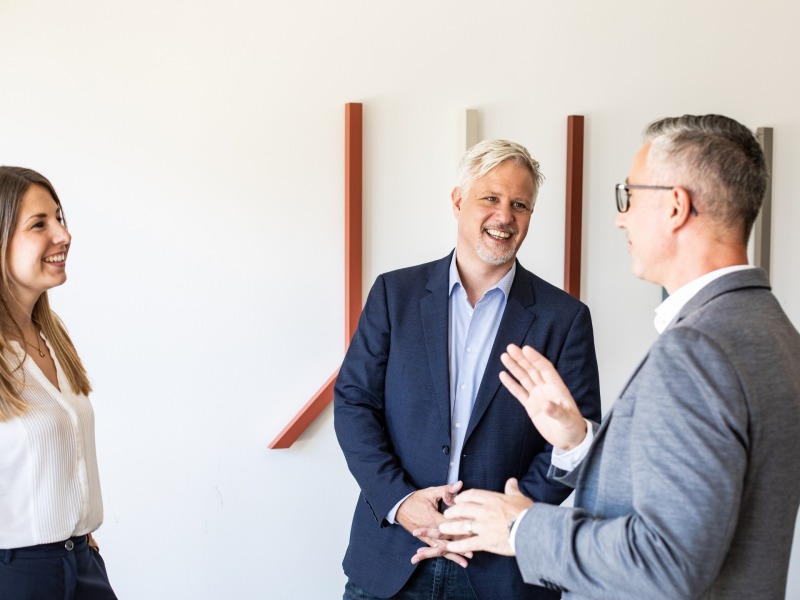We only consciously perceive about 40 of the 11 million pieces of information that flood our brain every second. Our brain has found an efficient, effective and economical solution for dealing with these incredible amounts of data leveraging unconscious simplifications and mental shortcuts. This is both very useful and helpful in most of life’s everyday situations. For example, we don’t have to conduct a thorough analysis of how fast a ball is flying in our direction; we automatically raise our hand to catch it and throw it back.
We all have unconscious biases and impartialities. However, while we think we’re acting consciously, rationally and attentively, our conscious thinking is actually only a very small part of what causes our actions and judgements. Whether age, gender, background or religious affiliation, we all perceive people based on schemata and treat them accordingly.
Unconscious bias leads to quick and sometimes incorrect judgements, which are based on limited facts and our own life experiences. Therefore, we devote a great deal of attention to the topic, in events, training sessions, self-learning activities and in our daily work.
We dedicate a whole package of measures to the topic of unconscious bias:
- Culture awareness training sessions
- Diversity and inclusion training sessions
- Unconscious bias training sessions for management
- Diversity talks
- The adesso MIND programme

